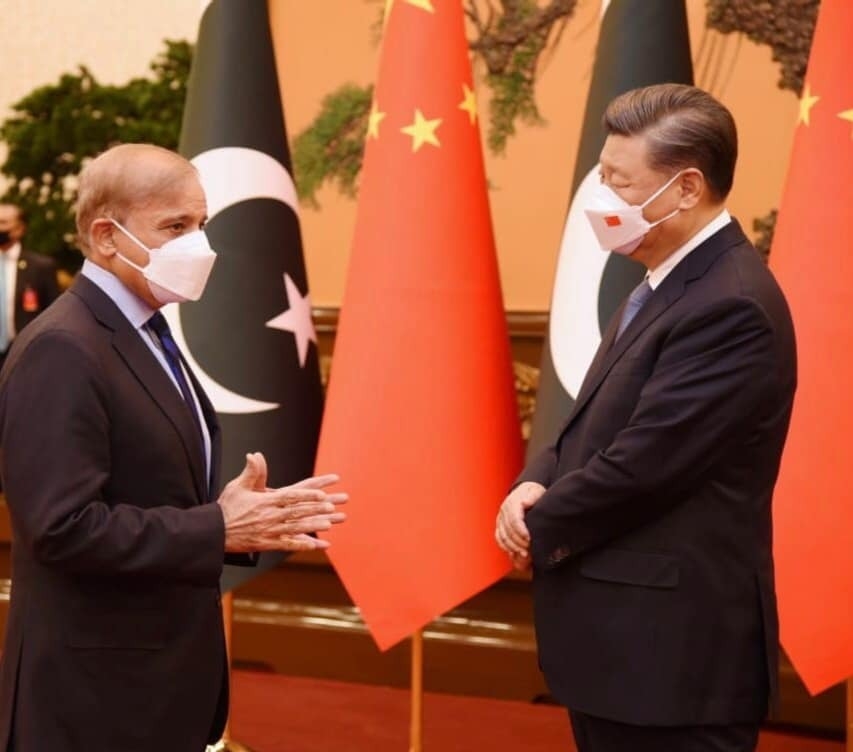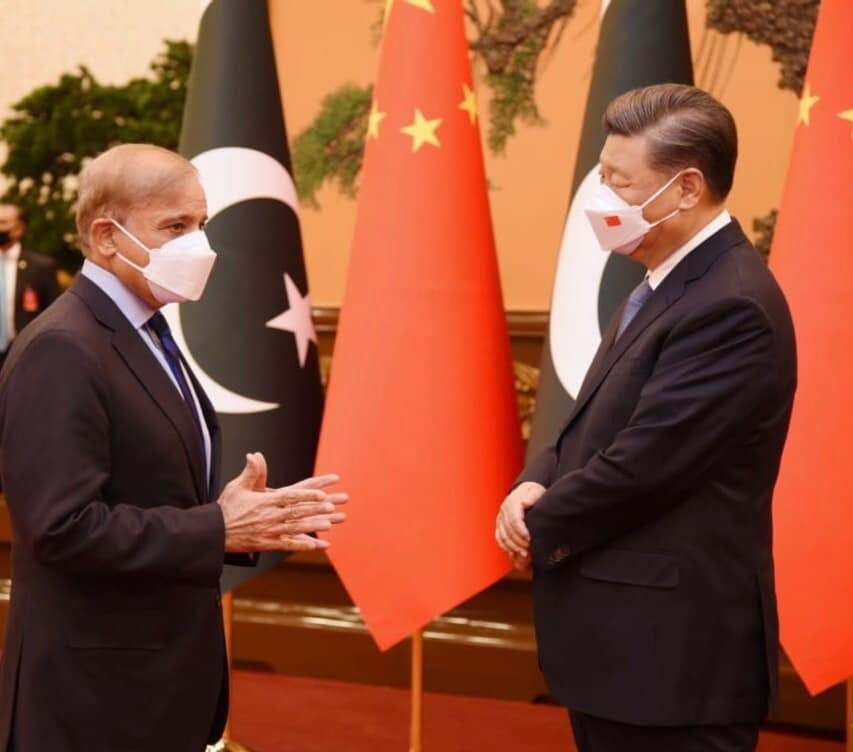
Pakistan in a fix as China Puts Neelum Jhelum Project on back burner
Neelum Jhelum project suffers as China loses interest in power generation in Pakistan. The Chinese ambassador reportedly acknowledged that the Chinese companies have remained reluctant to progress due to delayed payments Pakistan’s


